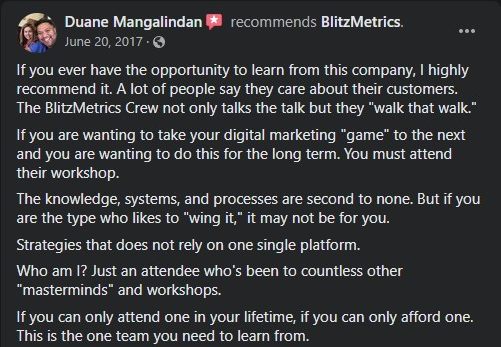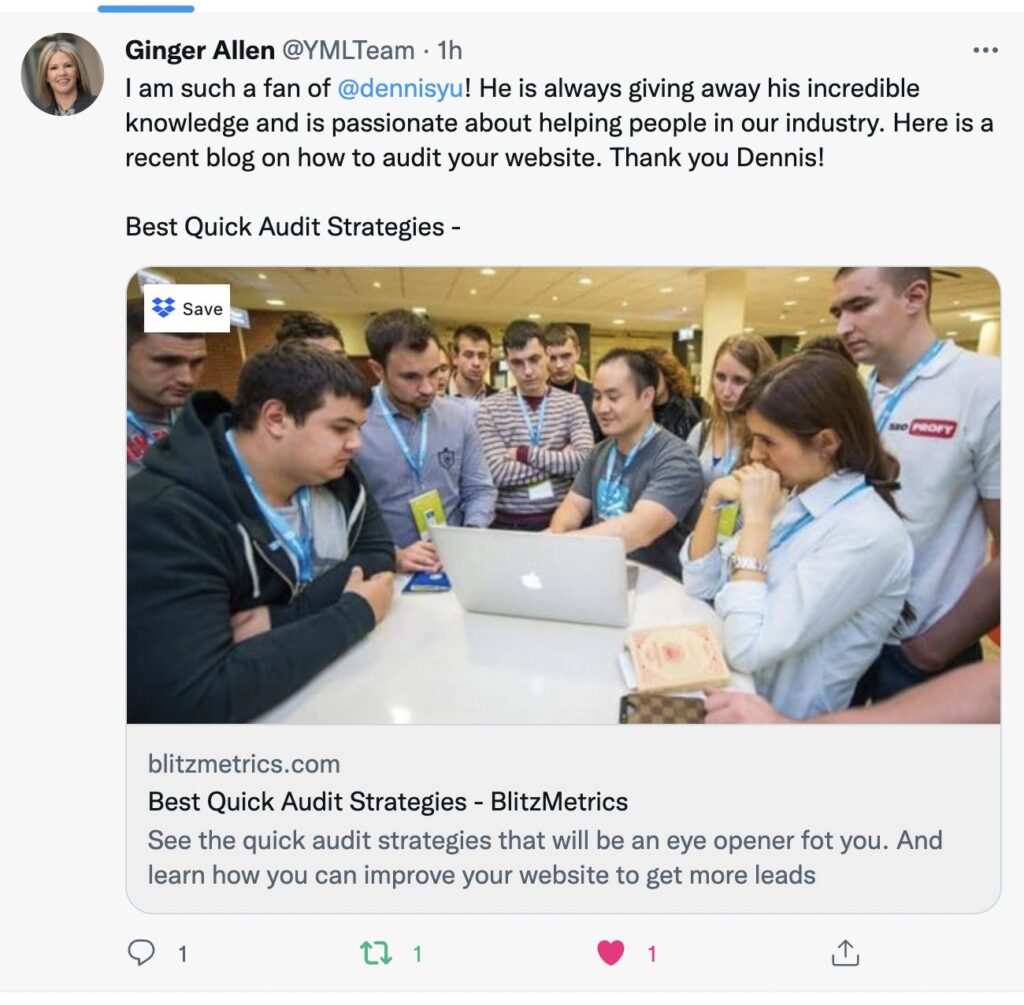
What distinguishes a ‘story’ from a ‘testimonial’ and why is the former often more compelling?
A story is a journey through someone else’s experiences. When we hear a story, we don’t just listen; we immerse ourselves in it and learn from it.
Testimonials, on the other hand, tend to be more superficial. They often come across as one-dimensional, usually highlighting only the positive aspects.
When you read a testimonial, it’s like observing something from a distance – you see it, but you don’t feel it.
Recognizing this distinction is crucial. Think about the last time you went to a website and saw a section labeled “testimonials.” Your immediate thought was likely that these are just positive endorsements, carefully curated to present the best image.
Stories create value. When a story is told, it doesn’t just tell us what was good – it shows us the process, the struggles, and the outcomes.
It’s not about saying someone is the best at what they do; it’s about showing how and why they are good, through real-life examples.

Success Stories vs. Testimonials
Stories have a unique power – they can move people, influence decisions, and create emotional connections.
This is where the traditional testimonial falls short. It’s often seen as just a promotional tool, lacking the depth and authenticity that a story brings.
Let’s take the story of Brendan, who started a sock business at 14 and grew it into a massive operation. His journey from making socks in his garage to managing a team and spending a significant amount on advertising is not just a testimonial; it’s a powerful narrative of entrepreneurship and innovation.
A testimonial, while true and positive, often lacks the depth and impact of a story.
The next time you think about sharing a customer’s experience, remember: it’s not just a testimonial; it’s their story. And every story has the power to inspire, educate, and connect.

Imagine this: You start with a simple idea—printing custom designs on socks. It begins small, with a $20,000 loan from your parents to buy a printing machine and a bit of self-taught Photoshop skills.
Then, you move from making socks for friends to getting noticed by the media. Your business explodes, leading to hiring friends, parents, and even their friends!
You scale from a 3,000-square-foot factory in Sherwood, Oregon, to multiple factories and eventually diversify into real estate and Airbnb.
The journey doesn’t stop at business expansion. It involves learning from others and understanding the difference between a $5 million entrepreneur and a $50 million one. It’s about scaling systems, creating repeatable processes, and understanding the critical parts of your business.
This entrepreneur decided to build software, akin to Uber, but for managing sock orders. This software, crafted in Golang, integrated seamlessly with various Adobe products, exemplifying innovation and efficient management.
This is a success story.

A testimonial can feel forced, a mere endorsement. But a story? That’s an experience, a journey, a transformation.
So, when we talk about our services or products, let’s not ask for testimonials. Let’s ask for stories.
